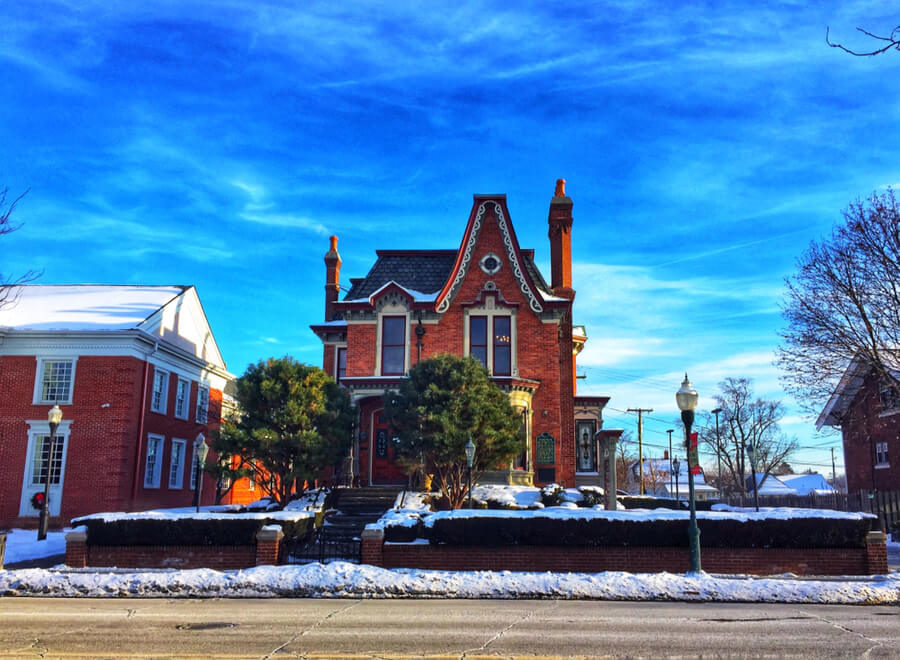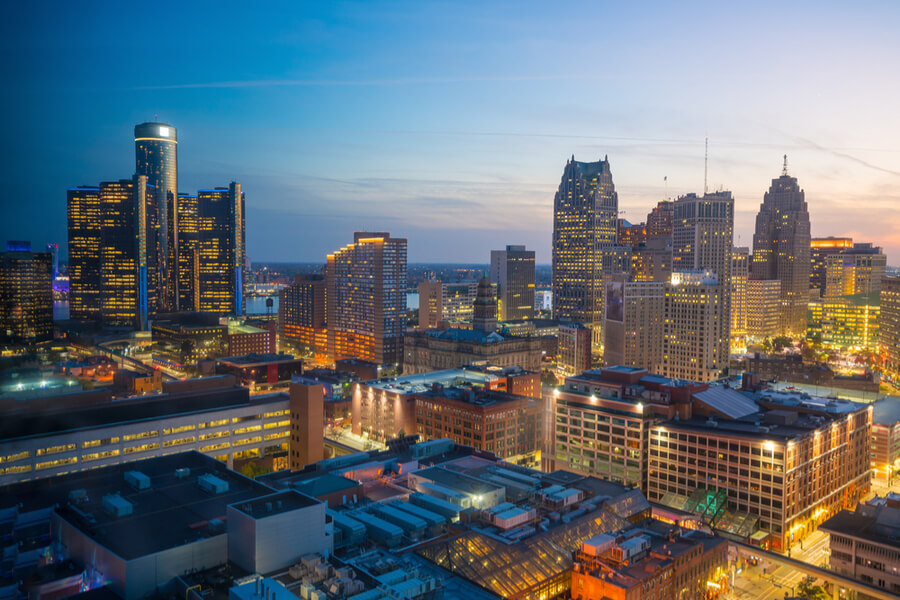Drug And Alcohol Rehab In Michigan: Find Treatment

Just like numerous other states, Michigan drug rehab centers struggle with an increase in substance abuse over the past years. The most prominent issue for the drug rehab centers in Michigan is the opioid crisis, which affects people of all ages.
Learn About Substance Abuse Treatment In Michigan:
Michigan’s Opioid Crisis
Although Michigan alcohol rehab centers and drug rehab facilities have dealt with thousands of cases of addiction, there is one drug group that seems to be out of control in this state: opioids. People in the state are abusing both prescription and illegal opioids, leading to life-threatening overdoses.
If in 2018, Michigan was the fourth in the US with the highest drug use, in 2019, the state has climbed dramatically to the second place, after the District of Columbia. In 2011, more than 1,700 people in Michigan had lost their lives to opioid overdose, and the number increased to 2,342 in 2016.
State Solution For Prescription Painkillers Abuse
Specialists at Michigan substance abuse treatment centers believe that the main problem is the prescription opioid painkiller abuse. In 2015, doctors prescribed 11.4 million prescriptions for painkillers, which means around 115 prescriptions per 100 people.
As a solution to this problem, the state started to limit the number of prescriptions for these drugs. Little improvement has been seen, with 8.4 million prescriptions for painkillers given in 2018 alone, which means around 85 opioid prescriptions per 100 individuals.
In addition to this effort, Michigan substance abuse treatment centers have become more widespread, to address everyone who struggles with opioid abuse or addiction.
What Makes Michigan Rehab Center Stand Out
Michigan substance abuse treatment centers know that for a successful outcome of the rehabilitation efforts, the programs and methods must address the needs of each patient. That is why the following substance abuse rehabs are spread:
- Professional or executive rehabs
- Rehabs Focused on dual diagnosis treatment
- Holistic rehabs (acupuncture, music and art therapy, wilderness and adventure therapy, equine and pet therapy, massage)
- Gender-specific rehabs
- Faith-based rehabs
- Luxury rehabs
- LGBTQ-friendly rehabs
Drug and Alcoholism Recovery Centers In Michigan
-

Doorway to Recovery, Farmington, Michigan
-

Taylor Life Center, Flint, Michigan
-

Ann Arbor Consultation Services, Ann Arbor, Michigan
-

Heron Ridge Associates, Clarkston, Michigan
-

Growth Works, Plymouth, Michigan
-

Salvation Army Harbor Light Michigan, Detroit, Michigan
-

Brighton Center For Recovery, Brighton, Michigan
-

Partners In Change, Midland, Michigan
-

SHAR, Detroit, Michigan
-

Community Network Services, Novi, Michigan
How To Pay For Rehab In Michigan
Because the costs of private Michigan drug rehab centers can reach thousands of dollars, the state has offered various payment options so that anyone can have access to the much-needed treatment. Some private health insurance plans provide benefits and even cover in full the costs of addiction treatments.
If the insurance does not cover the entire cost of the treatment, there are other options such as:
- grants
- scholarships
- flexible payment options
- sliding-fee scales that are calculated depending on the income.
Thanks to modern, personalized programs offered by substance abuse treatment centers in Michigan, people struggling with addiction will not only learn how to cope with cravings and stressful situations during the recovery but also gain healthy, positive behaviors and relapse-prevention skills for sober living.
- Get the Facts About Opioids. Michigan.gov. https://www.michigan.gov/opioids/0,9238,7-377-88139---,00.html.
- Behavioral Health Recovery & Substance Abuse. Michigan Department of Health & Human Services. https://www.michigan.gov/mdhhs/0,5885,7-339-71550_2941_4871_79584---,00.html.

